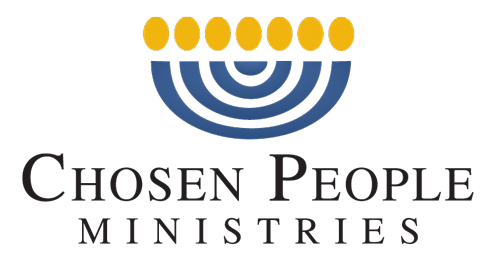The story of Hanukkah begins with the Greek invasion of the known world. When Alexander the Great died, his empire was divided among his four leading generals. One of those generals was named Seleucis. Seleucis fought for and won the region that included Israel. A successor of Seleucis, Antiochus IV, eventually came to control that region. He quickly initiated severe means of persecuting the Jewish population. The persecution ranged from assigning a Hellenistic priest in the Temple to prohibiting Jewish religious expression, to outright murder of Jews. What ultimately drove the Jews to revolt was the sacrifice of pigs on the Temple’s altar. Some groups, specifically the Hasidim (no relation to the movement which began in the Middle Ages), were already opposing the Greek government because of the assimilation of many of their fellow Jews.
Two groups in particular opposed Antiochus: a nationalistic group led by Mattathias and his son Judah Maccabee, and a religious group which ended up being the forerunner of the Pharisees. They joined forces in revolt against the persecution. Their revolution succeeded and the Temple was cleansed and rededicated. The Talmud tells of the legend that, as the Jews were rededicating the Temple, a day’s portion of oil, which was all that could be found, lasted for eight days, allowing a new batch of oil to be made. After decades of fighting, in the year 129 BCE, the Jewish people achieved independence under the Hasmonean dynasty (from which the Maccabees came1), which lasted about eighty years, with the Jewish kingdom regaining boundaries not far off from those of Solomon’s time, and Jewish life flourished.
Some in the more traditional parts of the Jewish community see the Maccabees as setting a precedent. Jewish people learned a lesson that they took to heart–the God of Israel is worth dying for.
It was just as the pig was about to be sacrificed that Mattathias killed the Hellenistic priest and cried, “Follow me, all of you who are for God’s law and stand by the covenant” (1 Maccabees 2:27). Some even point out that the word maccabee can be an acronym for mi kamocha ba’alim Adonai, “Who is like You among the gods, O Lord” (Exodus 15:11)? This is the battle cry of the Jewish people.
The tenacity and dedication with which the Maccabees opposed the Greeks set in motion an understanding in Jewish thought and religious expression which was used by God to preserve the Jewish people after the expulsion from the land of Israel in 135 CE. Through the centuries, Jewish people, whether in exile or as they are now, in the Land, have remained distinct; many with the resilient understanding that they are obligated to the God of the universe.
Bibliography:
Bard, M. The Maccabees/Hasmoneans: History and Overview. Retrieved from https://www.jewishvirtuallibrary.org/jsource/History/Maccabees.html
Spiro, K. History Crash Course #29 Revolt of the Maccabees. Retrieved from https://aish.com/h/c/t/h/48942121.html
Efron, J.M. (2009). The Jews: A History. Upper Saddle River, NJ: Pearson Prentice Hall, 59.
________________________________________________________________
Potato Latkes recipe: https://www.chosenpeople.com/potato-latkes/
